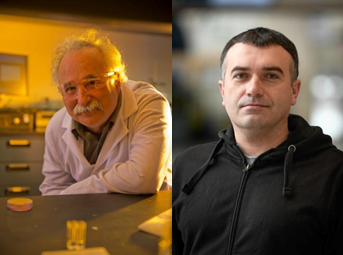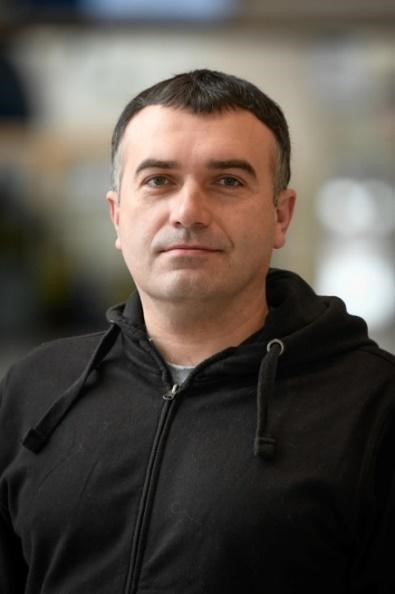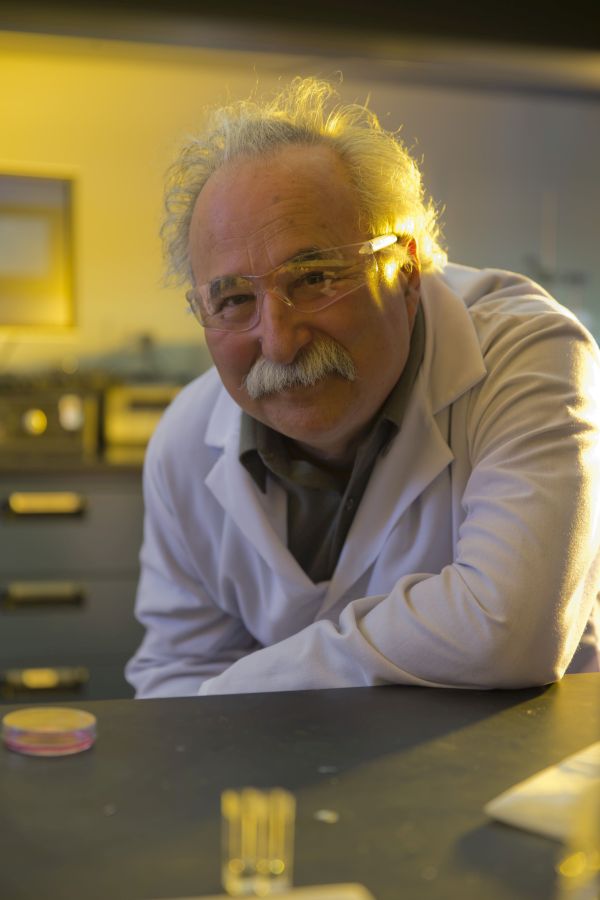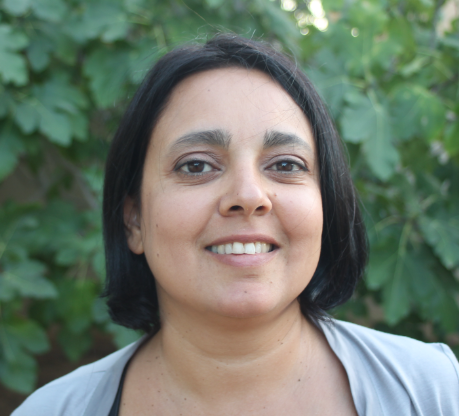A research team at Clarkson is advancing the development of a novel biosensor system for the ultra-selective and sensitive analysis of specific amino acids in clinical diagnostics and medicine. The combination of new biotechnological and bioanalytical approaches will lead to the creation of such novel bioanalytical systems.

Under the direction of Clarkson University and its Milton Kerker Chair in Colloid Science Evgeny Katz and Research Associate Professor Oleh Smutok, the project is a new NSF-funded award for cooperation with scientists in Israel. The Israeli group is headed by Prof. Lital Alfonta, Ben-Gurion University of the Negev. The long-term collaboration of both groups is presently supported by the NSF-BSF (National Science Foundation – Binational Science Foundation) providing almost $450,000 in support to the US team and about $240,000 to the Israeli team.
The interest of the proposed study is enhanced by the possibility of its simple and easily exchangeable adaptation to numerous amino acids as human health biomarkers. The primary project focus is on the diagnostics of Maple Syrup Urine Disease, a rare and severe genetic disorder impacting the processing of branched-chain amino acids including leucine. The early detection and continuous monitoring of leucine levels in the bloodstream are crucial for a timely diagnosis of such disorders in infants and young children. Thus, the project has not only scientific but also high practical importance, providing a new easy-to-use point-of-care biosensor system for end-users.
The educational project’s impacts include the participation of undergraduate researchers as well as PhD students. Special attention will be given to the recruitment of junior researchers at all levels, including those from underrepresented groups and war-affected countries (e.g., Ukraine and Israel). The mentoring by experts in the field will stimulate student achievement recognized via media coverage and high-level student-co authored publications. The involvement in this multidisciplinary project will ignite interest in science improving the student’s education, and experience resulting in increasing chances for their successful professional career growth in the future.
It should be noted that the cooperation of the US and Israeli teams has been continued for almost 20 years and was supported with numerous international awards. The present award given to the Katz-Smutok team is the second active NSF award raising the US team funding to almost a million in research support. The Katz-Smutok US team is presently leading multidisciplinary international efforts of the consortium which includes scientists from the USA, Australia, Israel, Poland, Ukraine, and France. Further NSF proposals for another million are pending.

Dr. Oleh Smutok received his Ph.D. in 2007 and D.Sc. degree (Habilitation) in 2019 from the Institute of Cell Biology, National Academy of Sciences (NAS) of Ukraine. He was a Senior Researcher in the Institute of Cell Biology, NAS of Ukraine, Lviv, Ukraine (2007-2020) and Associate Professor in the Drohobych Ivan Franko State Pedagogical University, Drohobych, Ukraine (2017-2020). Since 2020, he has been Research Assistant Professor in the Department of Chemistry & Biomolecular Science at Clarkson University, Potsdam, New York, USA. He has (co)authored over 100 papers in high-level journals like Nature Nanotechnology, Nature Communications, Advanced Materials, etc.

Prof. Evgeny Katz received Ph.D. in Chemistry from Frumkin Institute of Electrochemistry, Russian Academy of Sciences, in 1983. He was a senior researcher in the Institute of Photosynthesis in 1983-1991. In 1992-1993 he performed research at München Technische Universität as a Humboldt fellow. Later, in 1993-2006, Dr. Katz was a Research Associate Professor at the Hebrew University of Jerusalem. From 2006 he is Milton Kerker Chaired Professor at the Department of Chemistry and Biomolecular Science, Clarkson University, USA. He has (co)authored over 530 papers, Hirsch-index 94. His scientific interests are in the broad areas of bioelectronics, biosensors, biofuel cells, and biocomputing.

Prof. Lital Alfonta, Ben-Gurion University of the Negev, Israel. The Alfonta lab studies electron transfer processes between proteins, enzymes and entire microorganisms and electrodes. Using Synthetic Biology tools and specifically genetic code expansion through stop codon suppression, the group possess and sometimes develop a very versatile tool box to change redox and wiring properties of proteins and biofilms, thus enabling efficient and directed communication between the biological to the electrode interface.